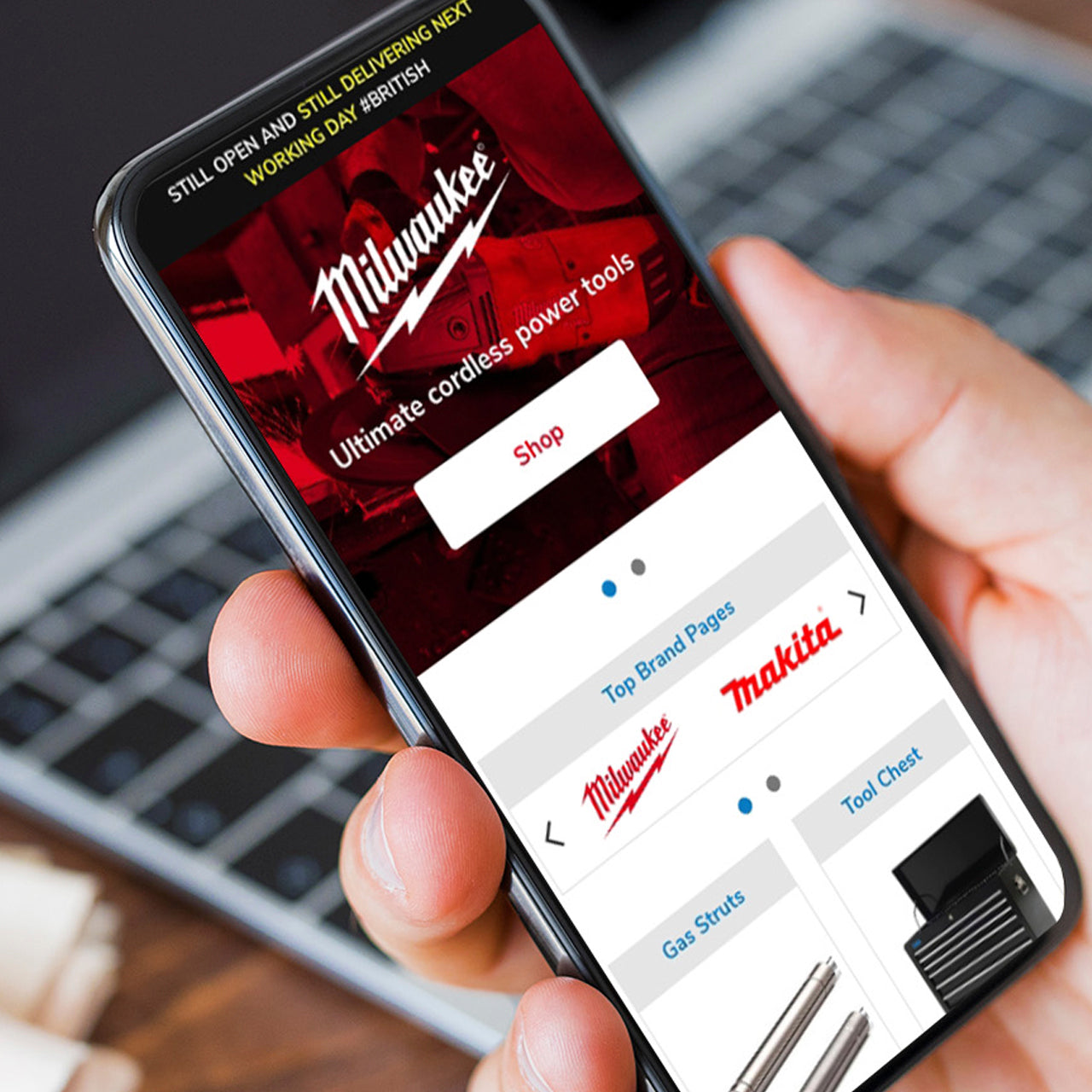Only 99 days to go until Magento will cease supporting its Magento 1 platform.
24 February 2020

Reasons why you should act now
REASONS WHY YOU MUST ACT NOW!
- PCI-DSS compliance - As a director / manager of an ecommerce business, if you use a 3rd party payment gateway (e.g. Worldpay / Sage Pay), the likelihood is you’ll self-validate your PCI-DSS compliance via a Self-Assessment Questionnaire (SAQ). A requirement for compliance that is applicable to all merchants is that you need to install security patches within a month of their release. As of 1 July 2020, Magento will no longer supply security patches for its Magento 1 platform, which means you can’t comply with PCI-DSS and won’t be protected from any malware targeting your site. This could result in fines of between 10,000 and 25,000 euro. (Source: Adyen https://support.adyen.com/hc/en-us/articles/360011187119-EOL-What-are-the-consequences-for-staying-on-Magento-1-)
- Lead times - With larger ecommerce sites taking 4 - 5 months to build, this means you are highly likely to be trading on your Magento 1 site post end of support. Time is not on your side!

-
Increased site development costs - Accredited ecommerce agencies are busy and reaching capacity. This will mean longer lead times and possible higher costs. There are no commercial benefits in delaying migrating from M1. The price will only increase and you will be left trading on a non-compliant site for longer
- Disaster management - Industry experts and payment service providers believe internet criminals are likely to target Magento 1 users after June 30th 2020 to exploit any security weaknesses. Any incursion and data loss from this point, is likely to result in substantial fines, since your M1 site will be non-compliant with PCI-DSS self validation. It’s also worth bearing in mind that merchants that do suffer cyberattacks have ongoing costs in terms of PCI fines and damage to their brand reputation.
Why migrate to Magento 2 over Shopify or another platform
- Continuity of Current Business Process - Your current M1 site is working and your people understand Magento. Moving to M2 means your ERP, warehouse systems, delivery etc will continue to function with your website, allowing your teams to concentrate on developing new products / markets and continue to grow turnover.
- Magento 2 Open Source v Shopify Plus - Potential savings for site turning over above £500,000

-
Disaster management and website speed of Magento v Shopify hosted sites - Shopify sites are hosted by a Shopify server, meaning the merchant has no control or ownership of the site’s back-end codebase. This means the merchant is at the mercy of price increases and with all their 'eggs in one basket' as far as disaster recovery position goes - i.e. there isn't one. Equally the site isn’t portable i.e. you can’t move to another supplier.
If Magento or the supplying agency is compromised, the site continues to work because the client owns an instance of the front and back-end codebase. Likewise for modules purchased for use on Magento - a copy of the code is owned and hosted by the business and therefore it's simply a matter of having suitable backup provision to recover from a catastrophe.
There have also been documented instances of Shopify sites experiencing high traffic having a detrimental effect on the speed of a different Shopify site. The following article provides examples of when this has happened: https://www.modernretail.co/platforms/almost-a-scam-as-dtc-brands-grow-shopify-is-struggling-to-keep-up/
With Magento, the merchant has full control on who and where their website is hosted and there is no associated risk of performance from another merchant’s site.
Shopify Apps v Magento Modules - Apps are often hosted on a different server i.e not with Shopify directly, which will have an associated risk on speed and security.
Also, Shopify has limited quality control on who develops their apps. which can result in additional costs to modify or even the development of a new app. If a critical app ceases to function and a direct replacement is not available, then the business has no option but to create their own. Typically, a simple app will cost £10k and range up to £50K for a more complex request such as ERP integration.
Magento quality assure all of their modules via the Magento marketplace and have a Partner Programme to ensure a high level agency delivery. The M2 Modules are often direct replacements for their M1 equivalents, often provided by the same vendor, ensuring cost effective installation and minimal changes to your current business processes.
Ongoing Development / Growth - Magento provides a platform that is scalable and can be developed as your business grows. One of the reasons to choose M2 over Shopify is it allows custom development for a client’s requirements and integration with 3rd party software. Shopify works well when it’s a relatively simple customer journey and the 3rd party integration is well known and already available as an app. When a merchant needs to create a more bespoke customer journey, this tends to mean bespoke development is required which on Magento often means tailoring an existing module, but on Shopify this could mean developing an entire app.
Equally this applies to 3rd party integrations such as ERPs where if the Shopify App doesn’t already exist(for instance in the case of a proprietary system), the integration costs would be prohibitive.
What will an M2 Site cost?
Here are some examples of recent Absolute builds with ballpark budgets:
- Less than £25K - Plumit.co.uk
- Between £25K and £35K - Weaverswines.com
- More than £50k - Hanro.com
How can Absolute help?
Established for over 25 years, Absolute are award-winning Ecommerce experts, Digital Marketing & Brand Consultants
- £85 per hour flat rate.
- Magento Certified, in-house development team.- we never outsource development.
- Highly accurate estimates.
Contact Us to discuss how we can help increase sales and boost your online performance!
INSIGHTS
CASE STUDIES

Pantherella
Magento 1 migration, front-end development, and Magento 2 support for sock manufacturer Pantherella. Learn more about our work with Pantherella.
-
Magento -
-
Support

Fired Earth UX Improvements
Absolute worked with Fired Earth to deliver a programme of UX improvements.
-
Magento -
-
Support

Furnify
A modern homepage redesign with customer UX in mind, from design stage to using Magento 2’s powerful pagebuilder to make use of the latest functionalities.
-
Magento -
-
Support

SGS Engineering
Magento 1 to Magento 2 Open Source Migration Success for SGS Engineering.
-
Magento -
-
Support

Fired Earth
A design and user experience study for a legendary lifestyle brand plus migrating their ecommerce store from Magento1 Enterprise to M2 Commerce Edition.
-
Magento -
-
Support

Embody
Driving revenue and improving overall performance for Embody, using our expertise in Magento, eCommerce, UX, and web design and development.
-
Magento -
-
Support
CONTACT
Are you excited to get your next project up and running? Or are you unsure what is dragging you down?
Contact Us to discuss how we can help increase sales and boost your online performance!

Enter your email address to sign up to our newsletter, featuring case studies, insights, industry news and much more.
If this is something you would like help with, please get in touch.







